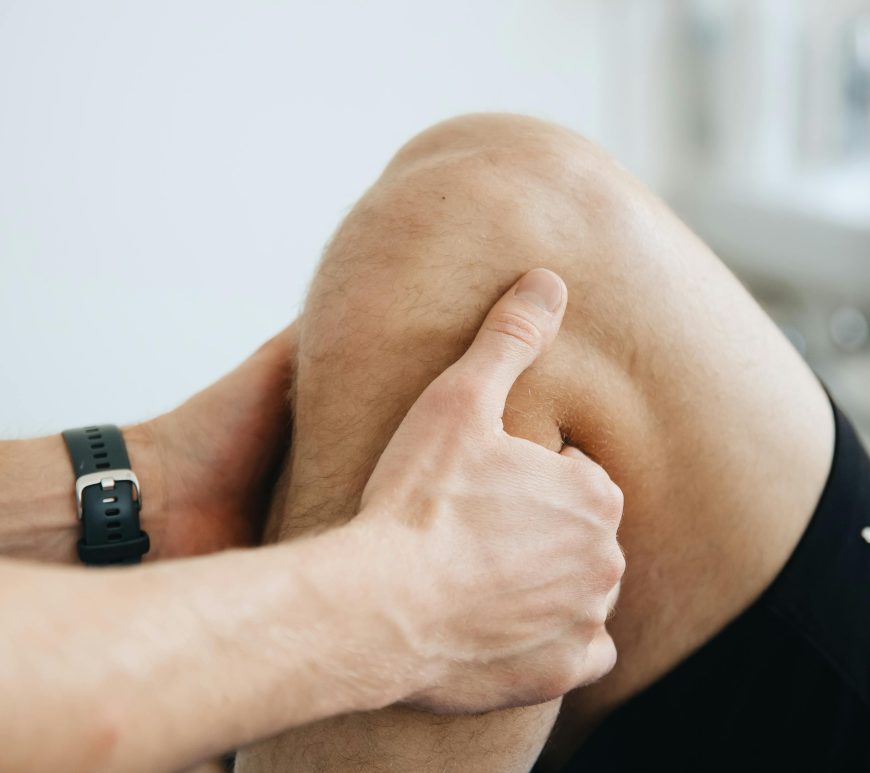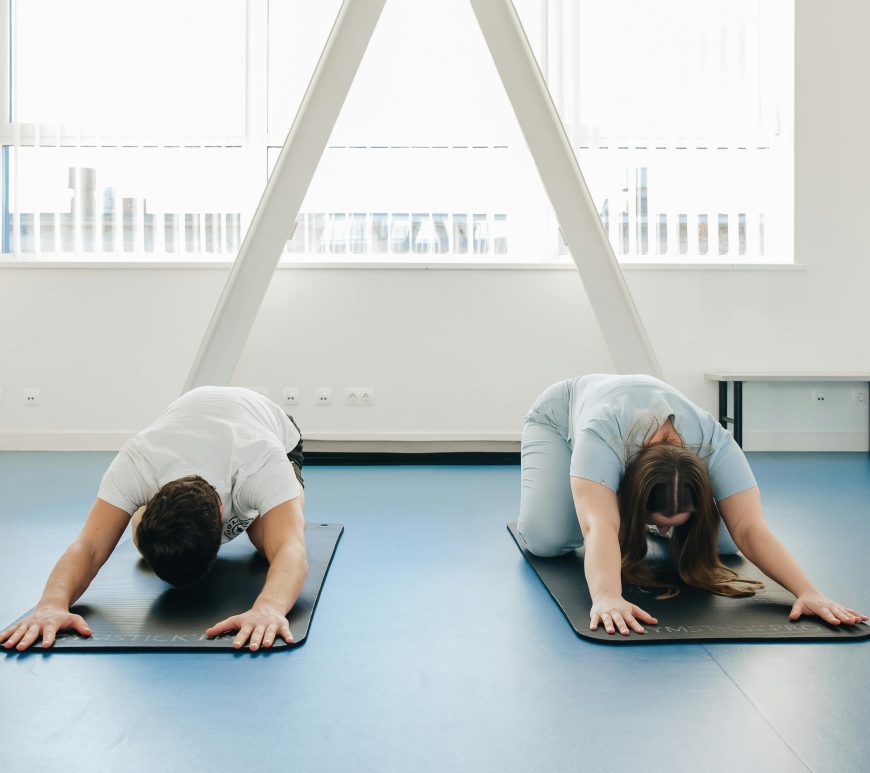
Should you consider surgery for a herniated disc?
In 2012, a research from the Spine Patient Outcomes Research Trial (SPORT) has provided valuable insights into which patients with intervertebral disc herniation (IDH) benefit most from surgical intervention. By combining a prospective randomized controlled trial with an observational cohort study, researchers aimed to identify factors that modify the treatment effect (TE) of surgery for IDH. The SPORT study, led by Adam Pearson and his … Continue reading Should you consider surgery for a herniated disc?



